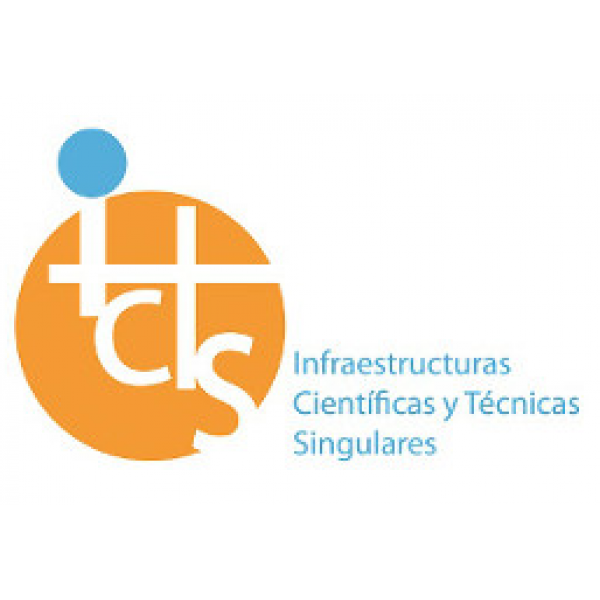
BCN, 8 March 2021.- The analysis of immune system cells in the cerebrospinal fluid can characterise and identify the types of cerebral metastasis that could respond to immunotherapy treatments.
A study led by Joan Seoane from the VHIO together with Holger Heyn from the CNAG-CRG's Sigle Cell Genomics Team and published in Nature Communications has shown that these cells have similar characteristics to cells present in cerebral metastases. That means they can act as markers to predict the response to immunotherapy.
It is the first time the characterization of immune system cells from the cerebrospinal fluid have been studied as a non-invasive method of predicting the response to immunotherapy of patients with cerebral metastases.
Cerebral metastases are the most common brain tumor – a devastating complication of melanoma and lung, breast and other cancers. Their heterogeneity and the difficulty in locating them make dealing with these patients much more difficult.
“Personalized transcriptome sequencing provides unprecedented high resolution for detecting and monitoring various types of disease. Identifying T cell clones both in the metastasis and in the fluid biopsy is of particular interest. We showed that the sequencing of the T cell receptor provides a cellular bar code that can be evaluated outside the tumor. This opens up new ways of detecting cancer more systematically,” says Holger Heyn, head of team at the CNAG-CRG and coauthor of the study.
“In this way, we could show that the immune system cells found in the samples of cerebrospinal fluid were very similar to the immune system cells obtained from the cerebral tumor lesions,” says Dr. Seoane. This demonstrated that this new liquid biopsy would be a valid tool to guide decision-making on immunotherapy techniques in this type of patient.
Work of reference: Immune cell profiling of the cerebrospinal fluid enables the characterization of the brain metastasis microenvironment











